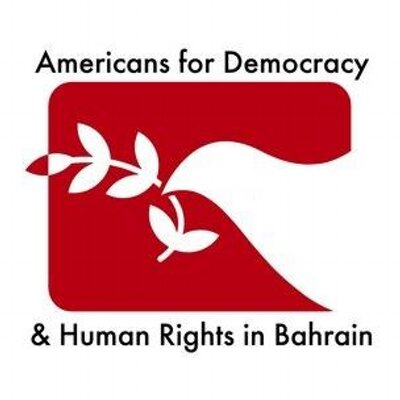Vatican urged to veto Bahrain 'landgrab'

ROME- The US Human rights group ADHRB has asked Pope Francis to halt construction of a cathedral on royal land in Bahrain which it says constitutes an illegal appropriation of public territory.
ADHRB’s (Americans for Democracy and Human Rights in Bahrain) appeal to Pope Francis in a letter evidently reveals only a minor aspect of the affair, which in reality, entails serious problems of corruption, misappropriation of lands seized from the public, and violation of human rights such as freedom of expression and religious harassment.
Those concerns started in February 2011, when half of Bahrain’s population peacefully protested against the Al Khalifa government asking for better human rights, more democracy, less corruption and more transparency concerning the appropriation of public land.
According to an insight report by the Financial Times, Bahrain’s land deals are some of the most profitable to have been made in the region. Since 2003, 65 sq km of public land have been transferred to private ventures.
To give a clearer idea, these public lands are worth dlrs 40 billion, the equivalent of twice Bahrain’s annual GDP. Furthermore, evidently no payment has ever been made to Bahrain’s treasury, raising even more concerns on the legacy of those deals made by the Al Khalifa government.
The dispossession of those public lands not only paved the way to an unbalanced situation in which the gap between poor and rich is at a peak, but also caused practical problems as the ‘royal family lands project’ radically transformed the lands, once used by fishermen, into housing and commercial complexes which enrich themselves at the poor’s expense, the NGO asserts.
Given this, the urgency of ADHRB’s appeal to the pontiff is even more evident. The construction of the church on 9,000 sqm of royal family land in Alawi, would be incredibly damaging and a violation of human rights to all the citizens involved, according to the
“The international community cannot abet the appropriation of such public land for private gain, especially when it inordinately impacts the lives and livelihoods of the poorest of Bahraini society, the majority of whom are Shi’a,” writes Husain Abdulla, Executive Director of ADHRB.
ADHRB’s main concern is the protection of the Shi’a community. Since 2011, the Al Khalifa government has deliberately started a campaign to politically marginalise and economically weaken the Shi’a people, who make up the majority of the population. The razing of a Shi’a mosque and the government policy of naturalization of thousands of Sunni foreigners, are examples of the deliberate intent to unease Shi’a economic status in the private and public sector.
Given these wide-ranging human rights abuses, and the particular worries which surround the kind of land deals which the Catholic church would be party to with the construction of the cathedral in Alwai, Abdulla writes, “we believe that the Catholic Church should reconsider partnering with the royal court on this or any future ventures until religious tolerance, free expression, free assembly and other political and human rights are universally supported and protected in Bahrain.”
“We support the recognition of Bahrain’s Catholic population,” said Sayed Ahmed Alwadaei, Director of Advocacy at BIRD.
“However, we fear that by accepting this land, the same Pope Francis who once lamented the global rise of ‘religious harassment, repression, and even persecution’ will inadvertently participate in a wider campaign of intolerance and the suppression of religious freedom in Bahrain.”


